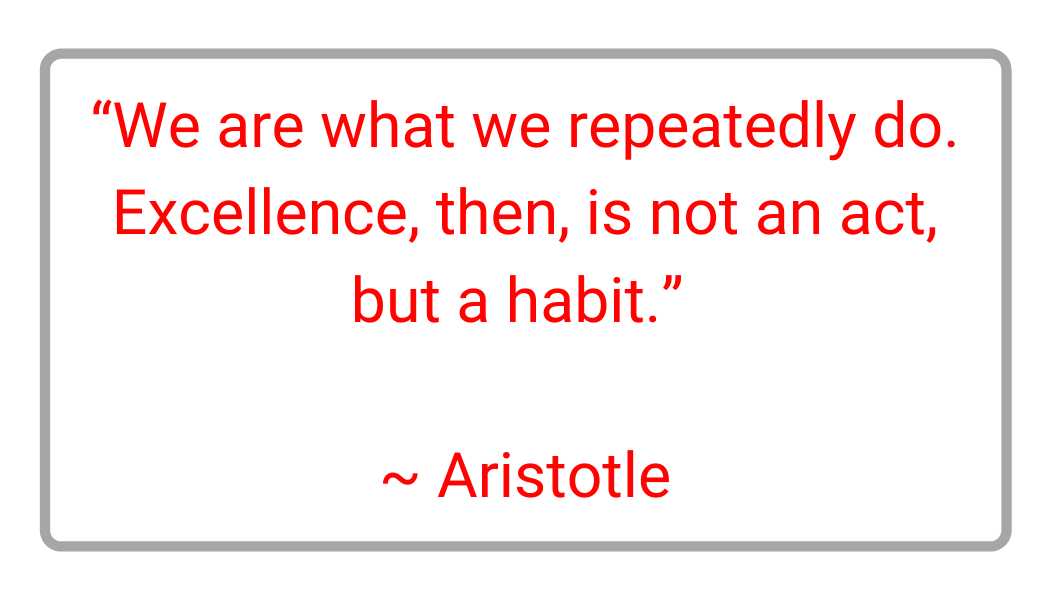As a keen sports fan with an interest in business, the majority of the books that I read fall into one of those two categories. The inspiration behind this blog post actually falls into both.
I have recently finished reading ‘The Barcelona Way: How to Create a High-Performance Culture’ by Damien Hughes. Hughes is a Professor of Organisational Psychology and Change at Manchester Metropolitan University as well as an author of 9 books, co-host of ‘The High-Performance Podcast’ and international speaker on high performance within sport, industry and academia.
In ‘The Barcelona Way’, Hughes uses the Barcelona FC team of 2008 -2012 as a case study in culture development. This team was managed by Pep Guardiola and, although he led a team of world class stars, the success that his team enjoyed has been attributed to the culture that he developed.
Central to Barcelona’s success was the commitment culture. The players, coaches and support staff were all emotionally engaged with the mission at hand. They had a sense of purpose and worked to clearly defined behaviours. The 3 non-negotiable behaviours that Barcelona worked to were:
- Humility – Everyone had a willingness to learn and be better.
- Hard Work – They were prepared to maximise the talent that they had.
- Team Before Self – Everything that they did, had to be for the benefit of the team.
Being a world class footballer wasn’t enough for Barcelona. Many undoubtedly talented players couldn’t live up to the required behaviours, and they didn’t last long. For example, Ronaldinho was a former World Player of the Year and was already in the Barcelona squad that Guardiola inherited. However, he was out the door and on his way to AC Milan within weeks of Guardiola’s appointment.
Sir Alex Ferguson is regarded by many to have been the best British football manager of all time. He managed Manchester United for more than 26 years between 1986 and 2013. This was one of Manchester United’s most successful periods in their history, winning 13 Premier League Titles, 2 Champions Leagues and numerous other trophies. During this time, United lived by 3 main principles:
- Relentless – Don’t stop and always work for more.
- Play to win, don’t play not to lose – Always be on the front foot.
- Courage – Be brave and willing to make mistakes
The New Zealand All Blacks rugby team are another fine example of success being built on a culture that is non-negotiable. They have 15 principles that are explored in great detail in James Kerr’s fantastic book ‘Legacy’. Here are 3:
- Sweep the Sheds – Never be too big to do the small things that need to be done.
- No Dickheads – Nobody is bigger than the team
- Embrace Expectations – Set high targets and try to exceed them.
Looking at the behaviours demonstrated by Barcelona, Manchester United and the All Blacks, it’s clear that humility, teamwork, hard work and setting challenging goals are common denominators. It would be easy to adopt the behaviours above for your own team because “if it’s good enough for the All Blacks, it’s good enough for us.” However, that’s just superficial and when things go wrong or don’t work out as planned, the behaviours are the first thing to go.
Create your own behaviours based upon a time when you were successful. What did you do to create that success? Repeat those until they are habit. You are then repeating behaviours that you know can make you successful.

Once those behaviours have been adopted you need everyone on your team to commit to them. Allowing just one person to disregard them because they are a high performer is a guarantee that commitment to the culture will wain before long.
Creating a commitment culture needs an extremely clear sense of why you do what you do, and your team need to know what success looks like. The team needs to understand and acknowledge that it’s their behaviour that determines the culture, and therefore there needs to be a focus on your required behaviours.

